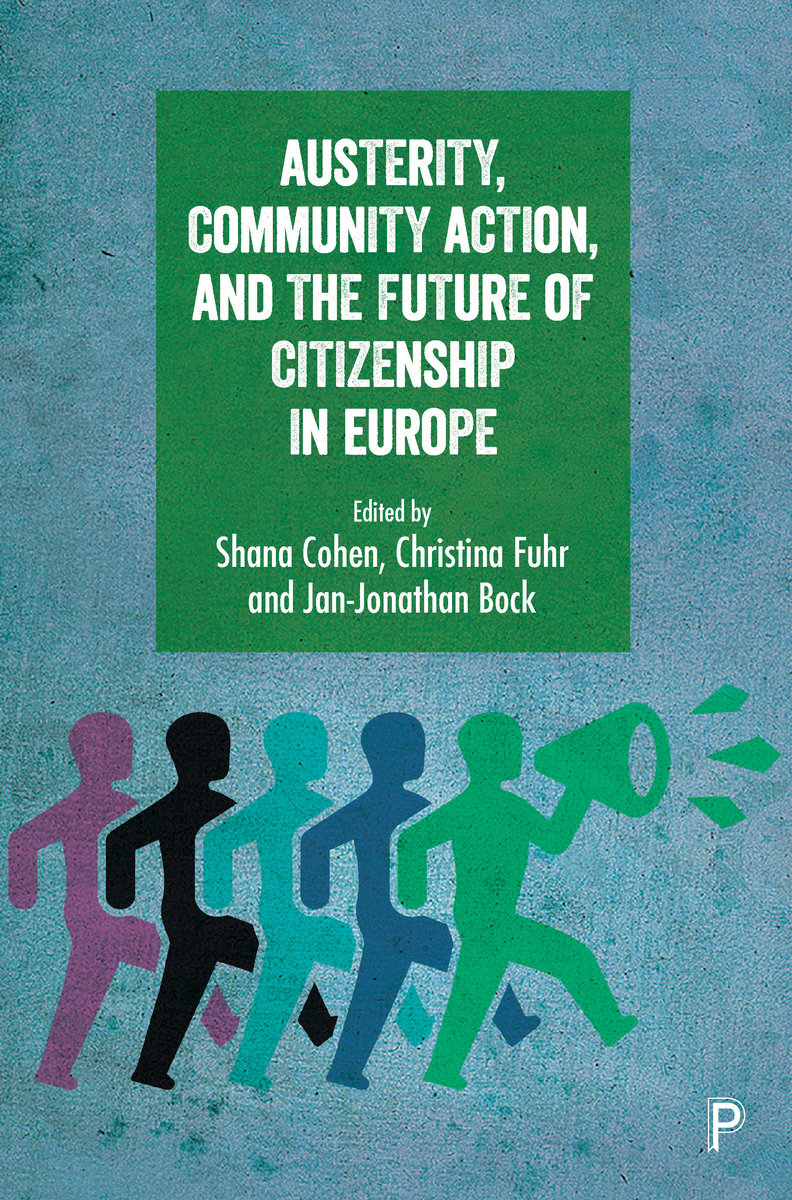The politics of austerity has seen governments across Europe cut back on welfare provision. As the State retreats, this edited collection explores secular and faith-based grassroots social action in Germany and the United Kingdom that has evolved in response to changing economic policy and expanding needs, from basic items such as food to more complex means to move out of poverty.
Bringing together scholars from different disciplines and practitioners in several areas of social intervention, the book explores how the conceptualization and constitutive practices of citizenship and community are changing because of the retreat of the State and the challenge of meeting social and material needs, creating new opportunities for local activism.
The book provides new ways of thinking about social and political belonging and about the relations between individual, collective, and State responsibility.


